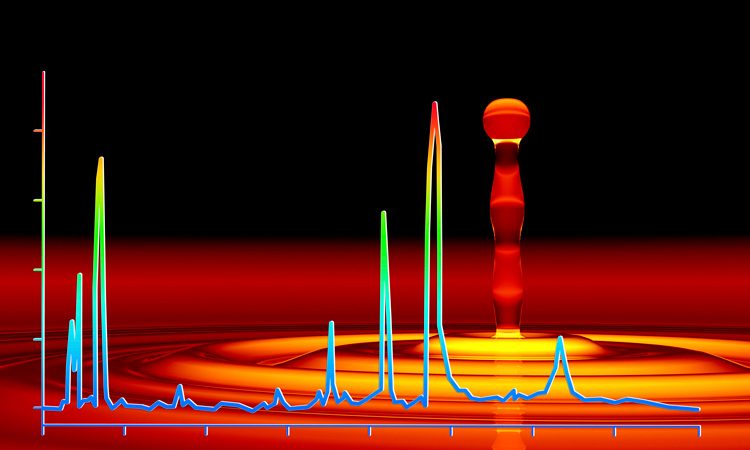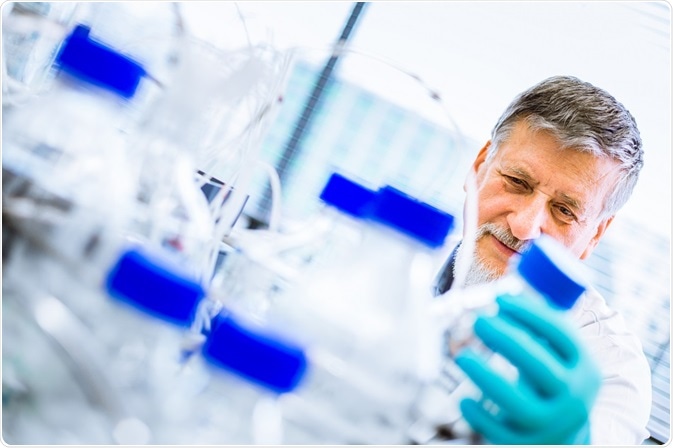

The quality of analysis depend more on the quality of the operator than that of the instrument, so this course will help laboratory staff to understand meaning and principals of chromatographic methods and their applications.
The course is of interest for any person working in any analytical laboratory. Laboratory staff, Chemists, supervisors and technicians.
This interactive Training will be highly interactive, with opportunities to advance your opinions and ideas and will include;
(1) Introduction to chromatography
(2) Fundamentals of chromatography
1- Paper Chromatography
2- Thin Layer Chromatography
(3) Gas Chromatography
(4) Liquid chromatography
(5) SUPERCRITICAL FLUIDS
(6) HIGH-PERFORMANCE LIQUID CHROMATOGRAPHY
(7) Out let manipulation
(8) Application in hydrocarbon industry
(9) Routine Maintenance
CDGA attendance certificate will be issued to all attendees completing minimum of 80% of the total course duration
| Code | Date | Venue | Fees | Register |
|---|---|---|---|---|
| LAB146-02 | 19-04-2026 | Dammam | USD 5450 | |
| LAB146-03 | 26-07-2026 | Muscat | USD 5450 | |
| LAB146-04 | 15-11-2026 | Dubai | USD 5450 |

One of the most important separations, qualitative and quantitative technic is chromatograph, It is need time to gain experience in this field of analysis so, training is very effective to help traine ...
 OPERATION, CALIBRATION, TROUBLESHOOTING AND PRACTICE MAINTENANCE.jpg)
The purpose of this course is to provide advanced training in liquid chromatography techniques and demonstrate their application in practical industry and laboratory problems. The course covers: major ...

This course is designed to integrate the various aspects and techniques within the field of separation science. We will cover theory, instrumentation, and practice of modern separation techniques incl ...
 OPERATION, CALIBRATION, TROUBLESHOOTING AND PRACTICE MAINTENANCE.jpg)
The purpose of this course is to provide advance training in gas chromatography techniques and demonstrate their application to practical industry and laboratory problems. The course covers: major com ...
Providing services with a high quality that are satisfying the requirements
Appling the specifications and legalizations to ensure the quality of service.
Best utilization of resources for continually improving the business activities.
CDGA keen to selects highly technical instructors based on professional field experience
Since CDGA was established, it considered a training partner for world class oil & gas institution
3012, Block 3, 30 Euro Business Park, Little Island, Co. Cork, T45 V220, Ireland
Mon to Fri 09:00 AM to 06:00 PM
Contact Us anytime!
Request Info